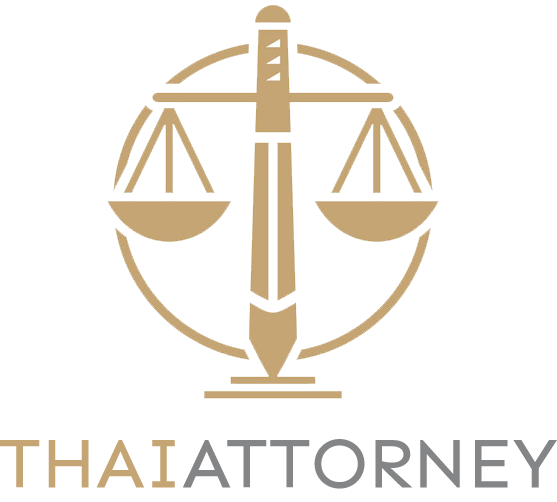Litigation in Thailand is a long and unpredictable process. The Timeframe for Judicial Proceedings Act and Regulation were created to streamline and improve the judicial process and provide clarity for individuals, businesses, and investors.
In criminal cases, the court in the district where an offence is committed, alleged or believed to have been committed or where an inquiry official makes an investigation has jurisdiction.
What is a civil case?
In general, Thai courts seek to bring civil disputes to an out-of-court settlement through a court-supervised mediation process. They schedule a preliminary hearing to identify any problems with the case, and to facilitate compromise between the parties. If the courts determine that a compromise is not possible, they will begin to consider the case’s merits. Generally, the preponderance of evidence suffices to prove one’s claim in a civil lawsuit.
The Criminal Court, the Supreme Court, and the Court of Appeal hear cases from all over Thailand. However, they only hear cases that are contested on points of law or fact (not matters of principle). The Supreme Court and the Court of Appeal judgments are persuasive but not binding on other judges.
The Civil Courts are located in Bangkok and all 110 provinces and districts. They have jurisdiction over all civil and criminal matters. They also have the power to try and adjudicate cases that occurred outside their territorial jurisdiction but were brought before them, or transfer those cases to the court having the proper territorial jurisdiction.
What is a criminal case?
In Thailand, criminal cases begin when the police either investigate an alleged offense or a witness submits a complaint to the court. The burden of proof lies with the public prosecutor to prove that an accused party committed the crime in question. A judge presiding over the case will then adjudicate on whether the accused party is guilty and determine the punishment, if any, should the accused be found guilty. Most criminal offenses in Thailand are contained within the country’s Penal Code.
When the court concludes its proceedings, an accused person will be sent to the Immigration Detention Center if they are a foreign national whose visa has expired or whose ability to stay in Thailand is revoked. At this point, clemency intervention may be undertaken to try to prevent the imposition of the death penalty on a foreign national. This is something that only a criminal defense lawyer with years of experience can prepare and execute.
What is the court system like in Thailand?
In the Thai legal system, the Constitution of Thailand and various statutes govern all aspects of the country’s judicial system. Rulings concerning the constitutionality of parliamentary acts, royal decrees, draft legislation, appointment and removal of public officials as well as issues regarding political parties and civil liberties are made by the Constitutional Court. All other matters, including criminal offences (that can lead to arrest and imprisonment), are governed by the Penal Code and a wide range of other statutes.
During a criminal trial, the judge presiding over a case has full and independent discretion to determine the guilt or innocence of a defendant and to decide on a suitable sentence if found guilty. There is no jury system in Thailand. It is also important to remember that all statements given to police officers, investigators and prosecutors can be used against you in court proceedings. Therefore it is crucial to always seek the assistance of an experienced criminal lawyer before providing any statement.
What is the timeframe for a court case?
The police and prosecution will have enormous resources to build their case against you. They will be looking to prove your guilt beyond a reasonable doubt. A skilled local lawyer can work the Thai judicial system to your advantage by keeping you informed of what is happening at every stage and developing a strong case from the very start.
A judge will decide your case. It is important to remember that Thailand does not have a jury system.
Civil actions commonly involve disputes over property, employment actions, family matters, divorces and torts (known as wrongful acts in Thai law). The burden of proof for a civil action is on the plaintiff and the onus is to demonstrate their case with sufficient evidence. Witness testimony will be examined and cross-examined by the opposing parties. Courts may encourage parties to settle through a process of court supervised mediation. However, courts are not obligated to refer parties to such a procedure.

